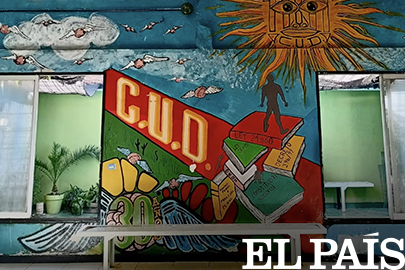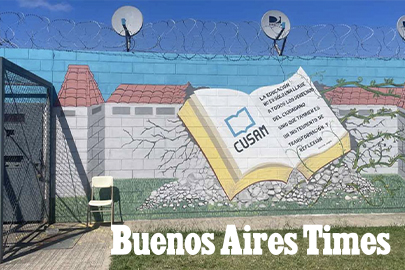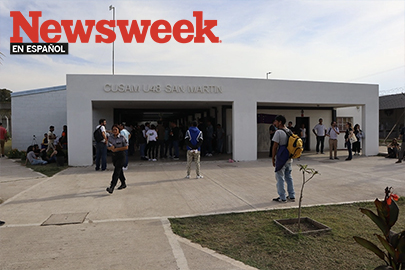The Bard Prison Initiative (BPI) seeks applicants for the second annual BPI Global Research Fellow for the study of education in prison. The twelve-month Fellowship begins September 2023 and this year is designed to support a writer or journalist who can tell powerful stories and will produce a series of published articles featuring university and community projects and initiatives that support issues around higher education in prison, broadly redefined, internationally.
The fellowship will be remote with an expectation of travel. The fellow will hold the title of BPI Global Research Fellow. Fellows complete work on contract with Bard College with payments on delivery of agreed upon schedule of deliverables and includes a travel budget. The Fellow reports to BPI’s Director of National Engagement. This Fellowship is supported by the Open Society University Network (OSUN) at Bard College and held in partnership with Incarceration Nations Network.
About BPI
Formed in 1999 to address the mass incarceration crisis, the Bard Prison Initiative (BPI) defies expectations of who college is for and where it might lead. For twenty years, BPI has reimagined and redefined questions of availability, affordability, and expectations typically associated with college in America. One of the most rigorous and effective college-in-prison programs in the country, BPI is now extending its radical intervention in educational inequity outside of prison through the Bard Microcolleges and BardBac.
Roles and Responsibilities
Over the course of the fellowship, the Fellow will be expected to visit several education in prison programs in person, connect with others virtually, from across BPI’s Global Community of Practice and the Incarceration Nations Network. They will be expected to publish monthly original pieces of journalism or writing on topics related to education in prison outside of the United States. These media pieces can be across a variety of platforms including, but not exclusively, podcasts. A successful fellowship will include at least some publications across platforms with wide audiences and expanded global visibility of issues related to higher education in prison. While we will introduce the Fellow to a global community of practitioners, it will be the Fellow’s responsibility to place their writing in various media outlets. In the final few months of the fellowship, the Fellow will be expected to visit the Bard College campus and participate in a series of talks about the fellowship experience with BPI students, at the BPI Summer Residency in July 2024, and in a virtual webinar for the BPI Global Community of Practice in partnership with Incarceration Nations Network.
Qualifications
Applicants should have experience reporting or journalistic writing and a record of publishing for a variety of media outlets, with priority to those who have a track record publishing in an international or global media context. Prior expertise in college-in-prison or systems of education or punishment outside of the United States is helpful but not required. Preference may be given to writers with a track record of publishing across media outlets with significant audiences and readerships.
Application Instructions
To apply please submit via email to consortium@bard.edu
- Cover letter, which describes your professional background and publishing track record, as well as any experience or insights related to the themes you will be writing about for this fellowship. Why are you a strong candidate for this position?
- CV
- Names, titles, and contact information for two relevant references
- Sample of published writing
Review of applications will begin immediately.
Bard College is an equal opportunity employer and we welcome applications from those who contribute to our diversity. All qualified applicants will receive consideration for employment without regard to race, color, religion, sex, mental, or physical disability, age, sexual orientation, gender identity, national origin, familial status, veteran status, or genetic information. Bard is committed to providing access, equal opportunity, and reasonable accommodation for all individuals in employment practices, services, programs, and activities. People with histories of incarceration are encouraged to apply.



